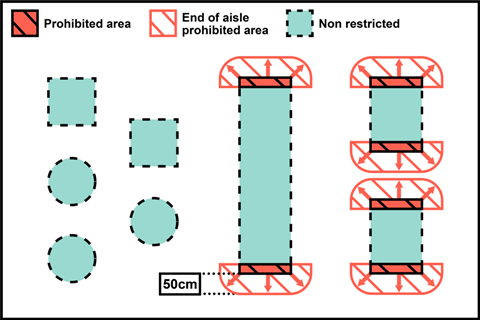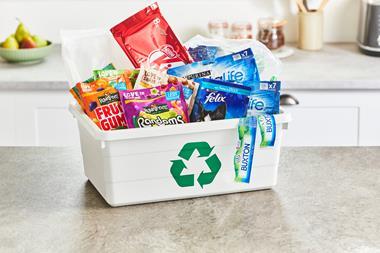
Trading Standards organisation CTSI says it would “take the biscuit” to expect “rigorous and ongoing” enforcement of new HFSS restrictions, due to the “limited funding” available for its policing.
“Trading Standards are incredibly stretched right now, having faced a halving of resources over the last decade,” said David Pickering, Chartered Trading Standards Institute (CTSI) lead officer for food.
The CTSI told The Grocer the government was making less than £400,000 over three years available for enforcement activity in England – amounting to just a few hundred pounds each year per local authority.
“This means we have to be very clear on what the priorities are across each local authority,” Pickering added.
In the financial year 2022/23, £179,000 is being made available for enforcement, with £102,000 in each of the following two years – to be divided between the local authorities in England.
“This works out at approximately £520 per authority per year to enforce the new legislation,” said Anna Naylor, principal associate at legal firm Weightmans.
“This seems very tight given the need to get to grips with the new rules, conduct inspections and take formal enforcement action,” she added.
The amount designated to enforcement is significantly less than the three year cost estimate in the government’s initial impact assessment for the legislation.
Further, local authorities have to publish an enforcement policy which sets out their approach to prioritising cases to take formal enforcement action on. Trading Standards officers are already tasked with enforcing more than 250 items of legislation covering everything from animal welfare to firework safety, illegal tobacco sales, and food safety.
“One of the key factors is usually proportionality,” says Naylor. “If local authorities are investigating fatal accidents and serious cases of animal cruelty, one can readily see that taking formal enforcement action for placing chocolate for sale on checkouts is unlikely to be regarded as a priority.”
A raft of HFSS regulations came into force on Saturday 1 October, restricting the display and in-store locations of foods high in fat, salt and sugar (HFSS).
Enforcement of the regulations is down to trading standards or environmental health officers depending on local arrangements.
The CTSI said its enforcement approach will be “graduated and proportionate” with support for businesses to comply “as far as resources permit”.
“While these regulations are seen as an important public health measure, it will be for local Trading Standards services to liaise with their public health teams and adopt an approach that is in keeping with the public health priorities in their area,” Pickering said.



















No comments yet